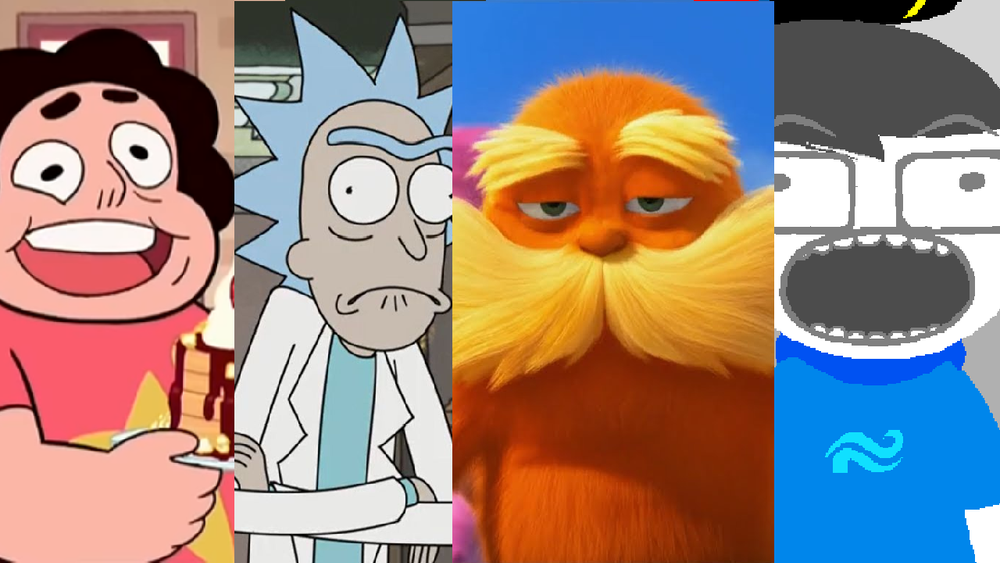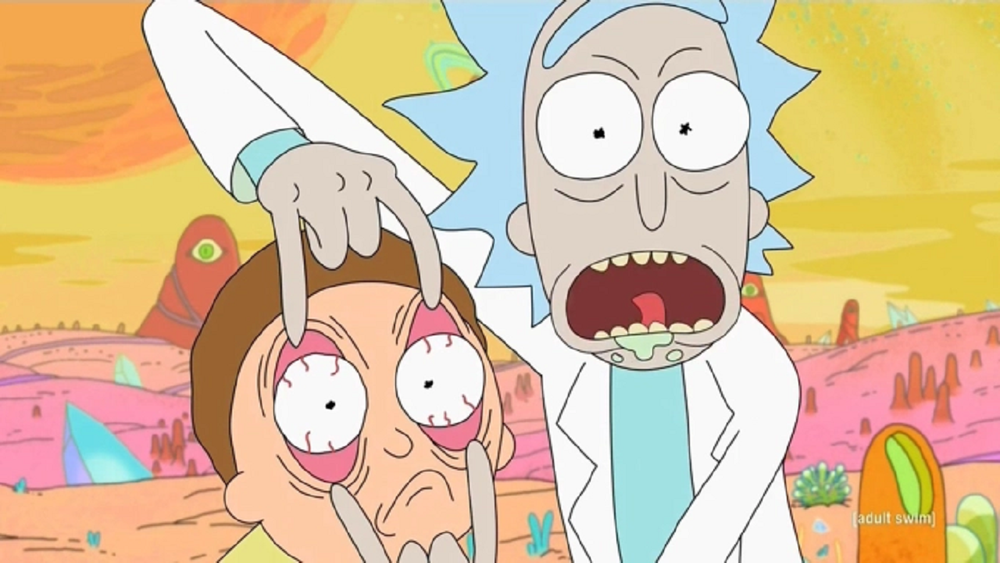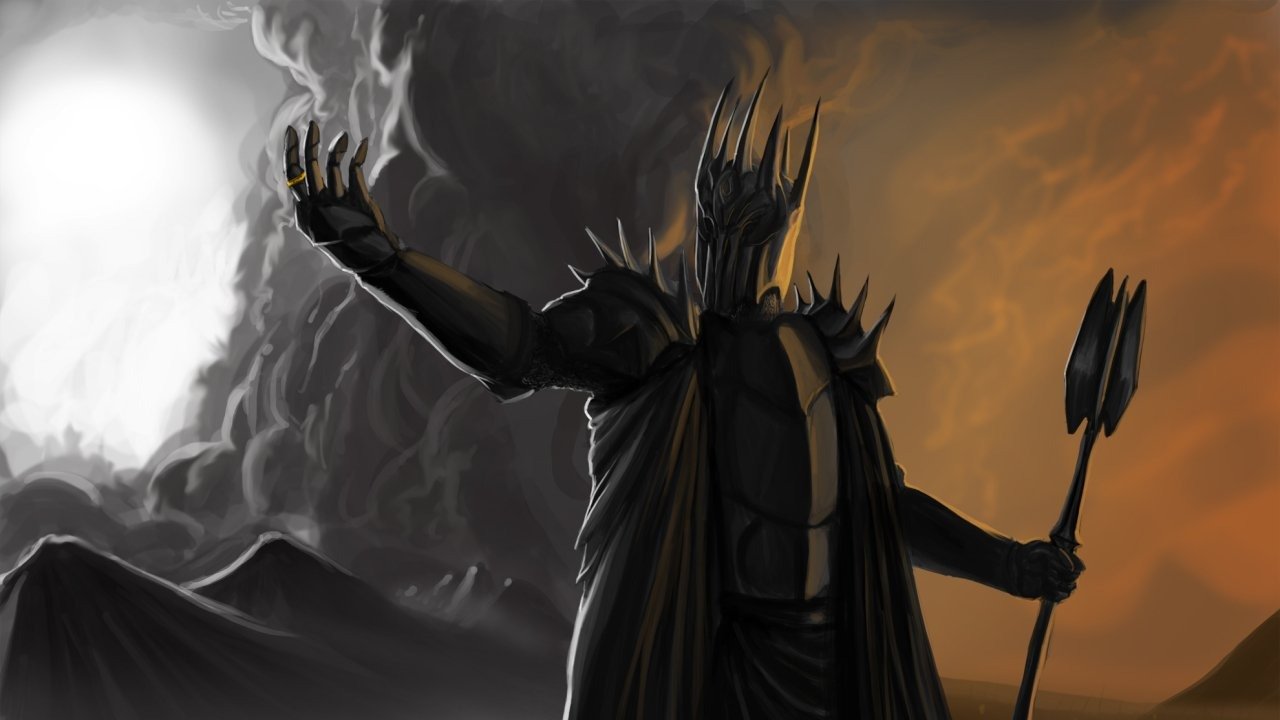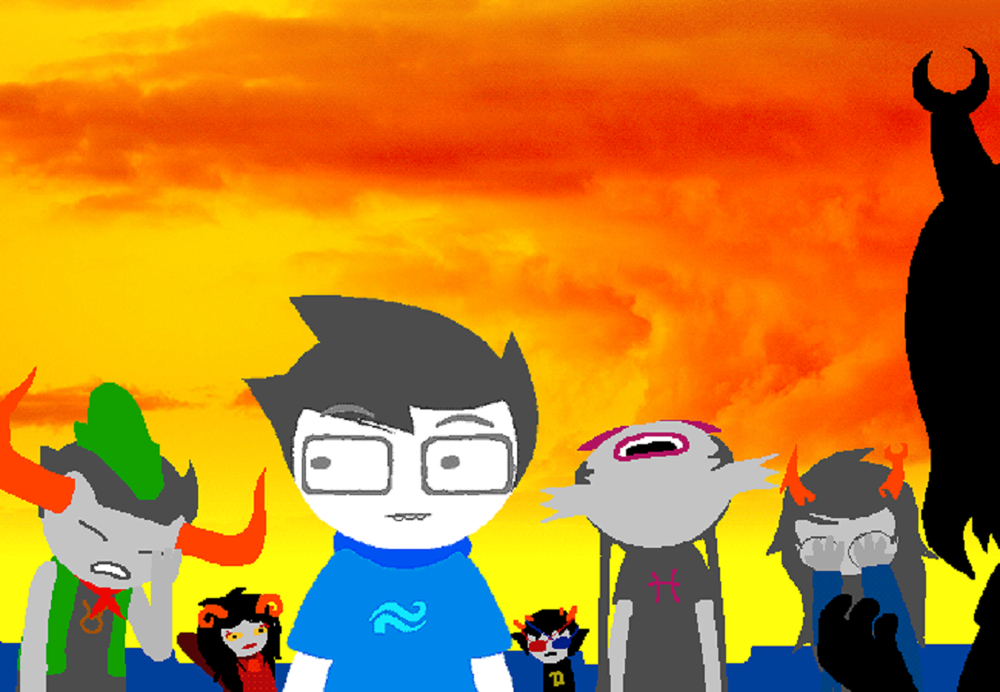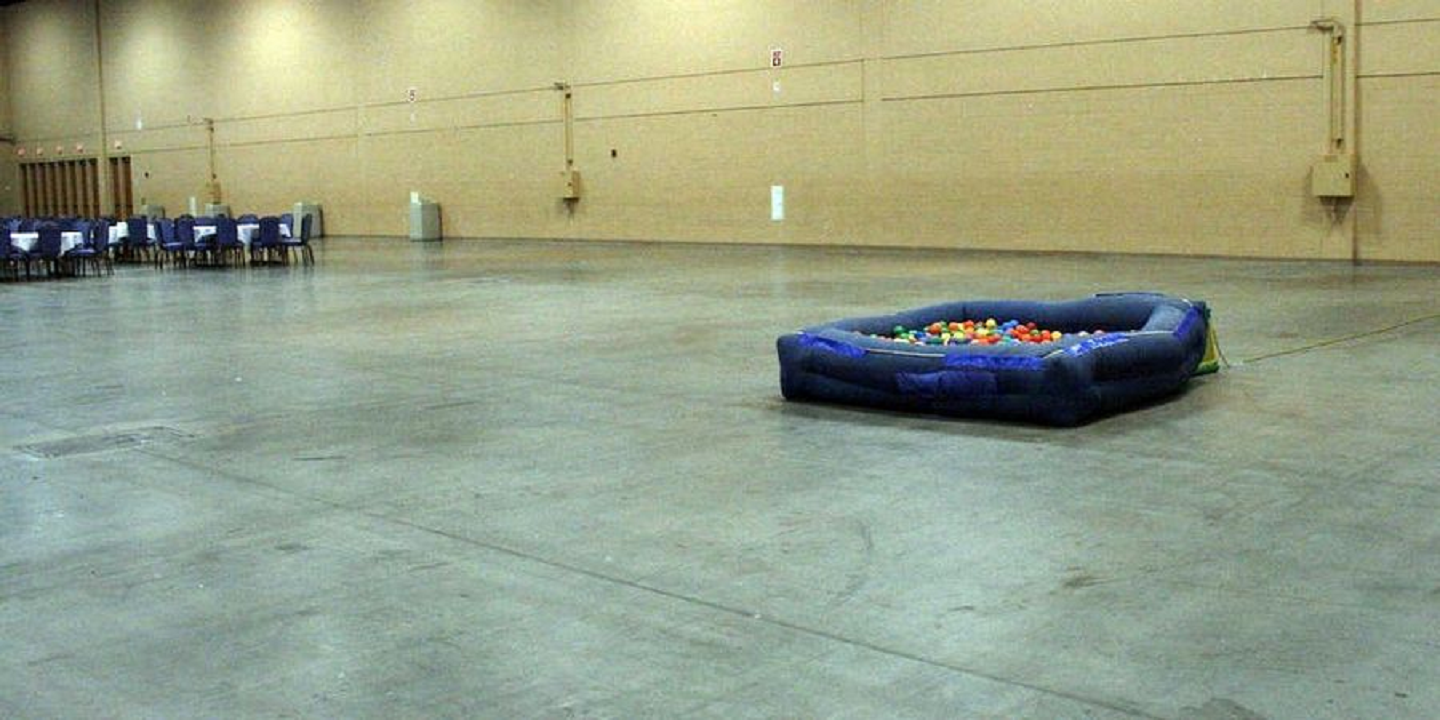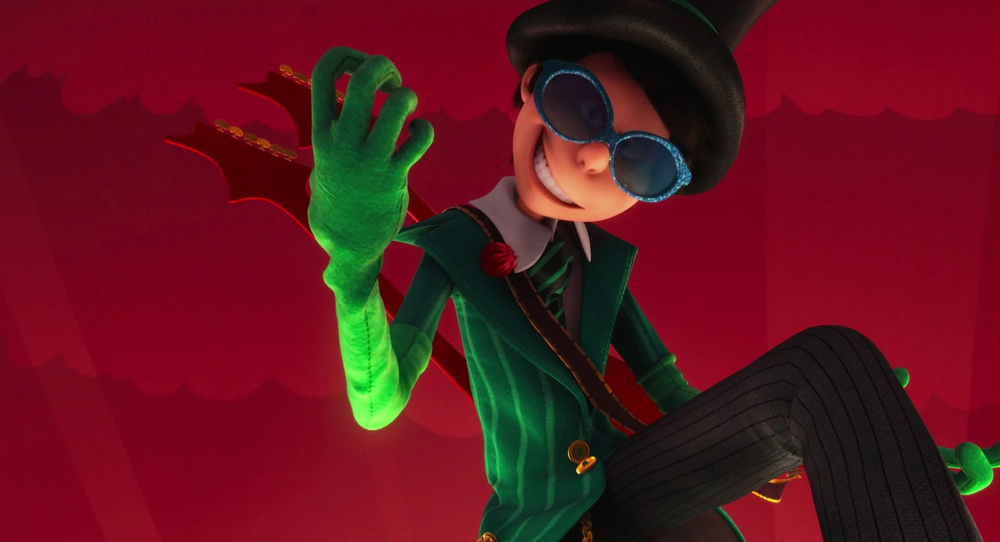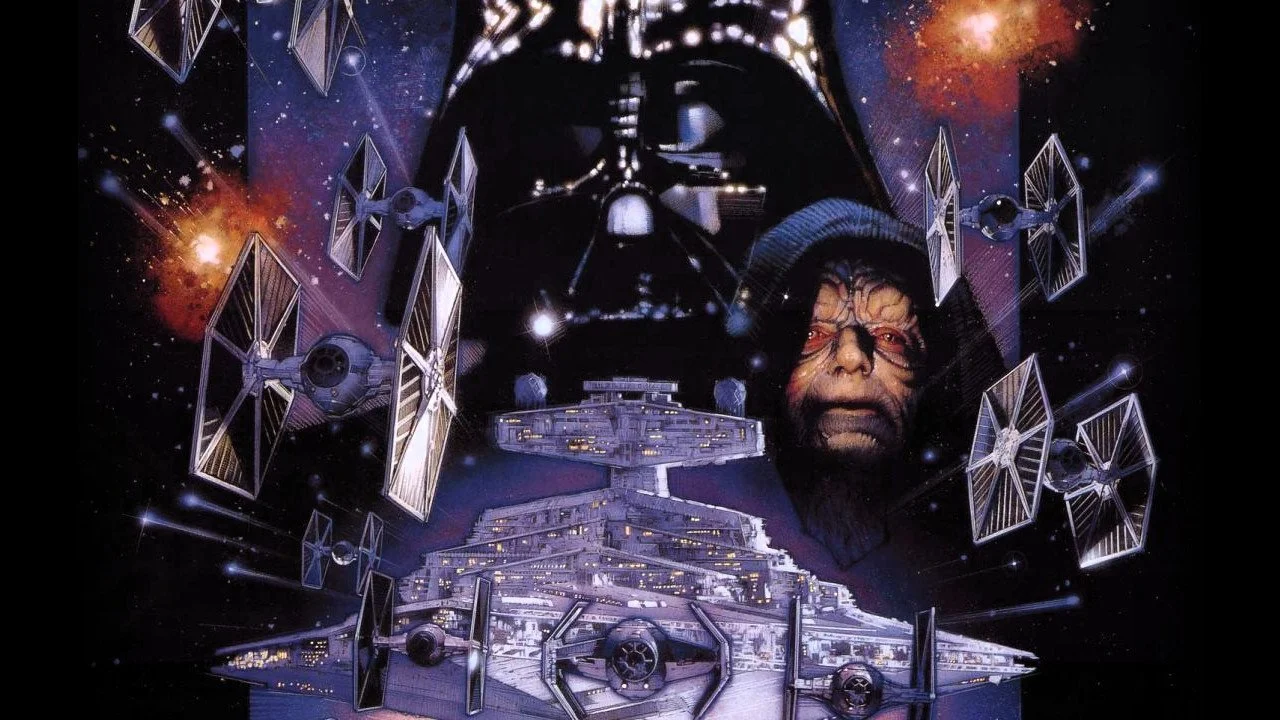Why Does Fandom Ruin Everything?
Image Source: CultureSlate
Imagine you're gathered with your friends, hanging around in the living room. You're skimming one of the many various streaming services in search of something to watch together. Since animation is a popular medium for TV shows and movies, you and your friends decide to check out the "Adult Animation" section to see if anything sticks out. The first option that appears is Rick and Morty, which you haven't seen just yet. Upon seeing the show, however, it isn't long before one of your friends brings up the infamous "Szechuan Sauce Incident."
With the conversation descending into humorous stories disparaging the fans and, by extension, the show, one thought lingers in the back of your mind. "If the fans can be annoying, then what does that say about the show?" Does Rick and Morty deserve to be ranked as a terrible TV show simply because a few (okay, many) fans don't know how to act normal? Even if a lot of the messages and nuance can be lost on some, that doesn't mean the entire show isn't worth watching. So why is fandom a huge dealbreaker?
Image Source: Variety
The easiest way to look for a reason is through animated TV shows, since there exist many examples of a show's fandom overtaking the personality of the original property. Shows such as Rick and Morty, Steven Universe, Jojo's Bizarre Adventure, and Boku no Academia are only a few examples of animated shows with huge fanbases. Because of the nature of fandom and their need to show off their favorite show, there's a tendency to be a bit overzealous with their pitches on occasion. Regardless of how well the show is written, newcomers are going to look at certain elements of an animated show before they commit to watching it. The first aspect is the art and animation style, which will appeal to different people depending on their interests. This is because the art and animation of a TV show are representative of its content, which leads to fans of similar appeals mingling together and sharing ideas and viewpoints, whether or not they pertain to the show in question.
RELATED:
This leads to the second aspect people look for in a show: how the fans talk about the show. When it comes to learning about fans of a specific show, it tends to turn newer watchers away, since they don't want to appear as unappealing as a show's worst fan. Naturally, there will always be a few bad apples in a bunch, especially when they're the biggest perpetrators of nauseatingly toxic discourse. It's not easy to get into a show when all of the fans are screaming about someone who dared to draw a humanized version of Bojack Horseman with dark skin. People can only take so many shipping wars before they start to tire of even bothering to look for new shows in the first place.
Fandom interactions don't always happen with animated shows, of course. Anyone who has been on Tumblr at any point during the previous two decades is bound to have a horror story of their interactions with Supernatural and Doctor Who fans, among others. The mere mention of the infamous webcomic Homestuck is bound to unleash a wave of confusing inside jokes and warnings as to why it should be avoided (the latter of which tend to come from Homestuck fans, oddly enough). In a lot of ways, most media with a huge following can't help but engage in a little bit of gatekeeping, even when it comes to their "inside jokes".
Image Source: Homestuck
Reasons for this can vary, though the end goal tends to be the same: keep certain people out of the fandom. On one side of the coin, it could be argued that since a fandom has been around for a while, veterans of their "community" will be familiar with certain aspects that may put people at odds with each other. South Park fans, for example, tend to gatekeep a lot on this front, though it's not exactly hard to blame them when certain fans exist who spend most of their discussions on which two animated 10-year-olds would be in a relationship.
On the other side however, there's no denying that purposefully excluding others from interaction with fellow fans can be off-putting. It's as if a young teenage fan of the hottest new K-pop group is suddenly being relentlessly quizzed by older fans, since they want to find out if this new fan is capable of being as devoted a fan as the rest of them.
This is not an uncommon occurrence in most fandoms, whether the medium is a TV show, music, or video games. When people consider themself a fan of something, they tend to hold their favorite characters and moments, both heartwarming and humorous, close to their hearts. To the fans, these things matter heavily, and it helps to come across others who will share your enthusiasm. While the easiest way to do this is through online interaction, the existence of conventions shows just how much fandoms and communities can come together.
Not every convention can be perfect, however. With the earlier mention of Tumblr, I imagine many readers are already aware of what point I'm going to make here, and yes it does involve Dashcon 2014.
Image Source: Daily Herald
Who could forget about the multiple panel cancellations, the tiny, urine-filled ball pit, or the fact that organizers were forced to solicit up to $17,000 from the convention-goers, due to the hotel not having the necessary payments to keep it running? Not all of the unlucky convention goers could've predicted the failure, though it wouldn't be surprising if there were some banking on it. After all, the concept of having a whole convention tailored specifically to the Tumblr fandom crowd, however cringe-worthy the idea may have been, could have been a great get-together.
Due to being heavily under-prepared and somewhat corrupt, the trust of many convention-goers was sullied, almost acting as a sort of turning point for multiple fandoms. After the overly ambitious convention quickly died out, so did much of the obnoxious fervor of Tumblr fandom activity. It was almost as if many users realized just how annoying their approach to sharing their favorite media was. It isn't fair to pin blame on the convention-goers for the failure of Dashcon, since many felt as if they were tricked, with their favorite media being used as bait for money.
Even in this day and age though, media discourse is seen on just about every social media site, not just Tumblr. To most people, fandom tends to ruin the experience of something because of how often fans will obsess over the strangest of topics, as it seems like they're actively ignoring any critical analysis of what they're watching in the first place. A good example can be the weird stranglehold the Onceler from Illumination's The Lorax had on watchers. With tons of fan art, discussions about the character, and tons of fanfiction, one has to wonder if these people are even thinking of the same Oncler from the original Dr. Seuss book.
Image Source: Komaeda Archetypes Wiki
At the end of the day, however, there's nothing wrong with being a fan of media. Whether it's because of certain characters, the story, the artwork, animation, or any number of little details, someone is bound to find appreciation in it. There's also nothing wrong with discussing these various details, though it always helps to be open-minded and critical of everything you read and listen to, even if it's just one other person's opinion. Leading a crusade against someone because they didn't draw humanized Bender from Futurama skinny enough won't do anyone favors, and will only turn people away from wanting to interact with other Futurama fans.
Fandoms are not meant to be echo chambers, where everyone shares a hivemind about which headcanon is the most accurate and how all of the others are wrong. It's not meant to be mindless consumption simply because it features characters you like. Fandom doesn't have to ruin everything. With a little more open-mindedness, critical analysis, and a lot more humility and self-awareness, fandom can return to its honest, creative, and inspirational roots. Such as discussions on if Goku and Saitama could win in a fight against Sans and Rick Sanchez.
READ NEXT:
Source(s): Dashcon, Rick and Morty Szechuan Sauce

